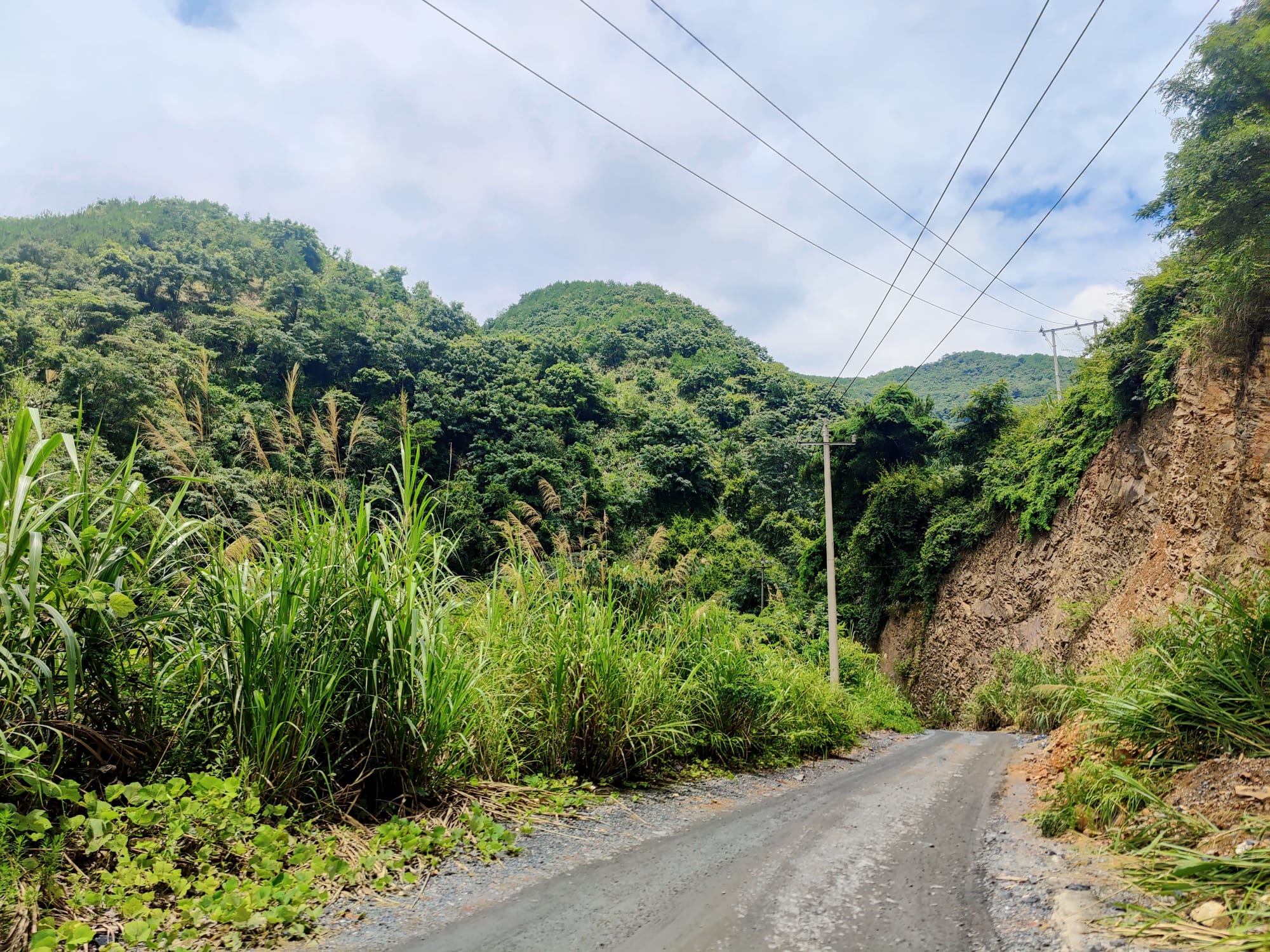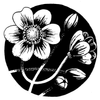Keep Me in Your Heart

(Note: this is one of my quintessential work back to when this site was in Chinese.)
Introduction
Why am I writing this essay? It began with a remark I made to my friend: “All I bring to others is pain.” She responded sincerely, “You actually make people think deeply—and thought itself is painful.” This reminded me of something Chai Jing wrote, perhaps along the lines of, "The essence of thought is unease."
Yet, after so much contemplation, who genuinely cares what inspiration itself thinks? Thus, my ambition has transformed into a stubborn nuisance, an idea urging you never to lose or forget me. If you don’t forget me, my existence finds its purpose. When you think of Su, what image comes to mind? Perhaps a cheerful teenager dressed in white, strolling across the summer playground?
This essay is dedicated to Dr Gordon Bai, and to those silenced by my writings, whose voices faded until no one listened.
Ruminations & Reflections
I’ve been paying the bill for the Su Arts & Literature Review project for about half a year now. Since relocating to Guangzhou at the end of August, I've encountered numerous challenges. Have I systematised my reflections? Probably not, as these months have been consumed by processing my own pain—partly arising from empathy and partly from personal circumstances. My life hasn't been particularly good; before settling in Guangzhou, I spent a month in a youth hostel, which ironically housed no youths, only impoverished souls and the pervasive stench of men.
If there's one significant insight from these past months, it’s recognising that people generally despise reflection. Reflection is painful, while the mainstream, consumerist lifestyle is effortless. Occasional reflection purifies us morally, but constant introspection is viewed as the foolishness of religious zealots. Thus, we "reflect occasionally," or in Su's trendy English phrase, we “reflect for a while.” Like psychotherapy, this reflection is a distinctly modern invention—a symptom of "modernity" itself (more on that later). Not reflecting is unfashionable, as "privilege checking" is now trendy. Hence, we briefly check our privileges; it’s a progressive start, because without even playfully reflecting on privilege, genuine progress, dialogue, and nuance remain impossible.
Working in restaurants these months, I've interacted with countless customers, each burdened with their own troubles. Rarely do they discuss philosophies; they're occupied with layoffs, deadlines, and venting frustrations. I understand: your workdays are long, and you don’t want the server to ponder aloud why you're seated comfortably while they scurry about. We merely desire an hour or two free from scrutiny—this is entirely legitimate. Most people simply consume their meal; some mourn silently, but no one acts—the true actors against the status quo are long dead.
On Poverty
What is poverty, and what exactly is "financial freedom" that everyone tirelessly pursues? From my perspective, poverty means having no choices, whereas financial freedom means spending less than one earns. These concepts aren't mutually exclusive; each of us might discover ourselves in poverty at some point.
Poverty seems easy to define: living on less than 2 USD daily qualifies as poverty, below 1 USD as extreme poverty. Yet, I cannot provide a normative definition here, only labels and descriptions: poverty is shortsighted, boring, unsettling, and exhausting. My colleagues earn industry-standard wages (about 3,000 yuan after rent), never contemplating career progression. If your earnings grant no sense of freedom, you'll spend whatever you have to achieve a semblance of dignity—socially constructed dignity, almost inevitably.
Almost universally, my colleagues purchase iPhones worth several months' wages. Perhaps those comfortably seated at desks—like many of our subscribers—cannot fathom why someone would invest months of earnings in a product with countless affordable alternatives. Yet, for them, it represents everything: their identity ("I use quality electronics like my customers"), their gateway to work and leisure (indeed, a poor person’s life revolves primarily around their phone), and most importantly, a means to feel less inferior and deprived.
The impoverished people I've met typically blame themselves: “I haven't worked hard enough or managed finances wisely.” Rarely do they blame systemic injustice. Poverty has deeply internalised the pervasive propaganda equating money with virtue and consumerism. Why do I have such profound reflections? Simple—I’ve experienced wealth before. Without that, perhaps I wouldn’t even conceive meeting people like you.
Poverty means lacking choices: no education, no career prospects. When uncertainty looms over your next meal, your thoughts focus solely on job security, however absurd or unjust the job demands. Concepts like gap years or full-time education—requiring financial security—are unimaginable. Higher education isn’t merely tuition; it implies believing you'll comfortably survive four years without working, an impossibility for the poor. Job changes or career planning are distant dreams. Poor children remain unaware of professional growth because their surroundings lack any discussion of it. Soft skills, networks, and education remain perpetually inaccessible.
In hospitality, for instance, when faced with choosing between a dormitory and private housing, almost all choose privacy, despite lower wages. Their concerns aren’t about future applications to prestigious hospitality schools but immediate survival. Education isn't temporary discomfort for them; it's akin to death. Few endure death—perhaps only Christ.
"Financial freedom" is rare even among my customers. It means having enough savings to not worry about money—a condition seldom achieved by anyone with dependents. The poor lack financial freedom due to absence of choice; the wealthy lack it due to insatiable desires. Financial freedom, in my view, is simply earning more than you spend.
Ideal financial freedom resembles subsistence farming—farming ensures survival, secured by private property. Yet modern land structures forbid this. Spending is effortless since society eagerly teaches it; earning, conversely, is difficult.
Discussing financial freedom inevitably leads to distributive justice. My employer once remarked, “In socialism, everyone lives modestly.” I didn’t refute him then. But now? Some live in Ascott, most in urban slums—is this justice? If simple housing yielded fairness and cultural richness, I'd gladly accept it.
Often, I look down condescendingly upon the poor, assuming moral or skill-based inferiority. Yet, when my colleagues display professionalism or exceptional communication, I'm ashamed, reluctant, even resentful. My moral superiority will eventually betray me, becoming prideful downfall. Viewing the poor with pity inevitably breeds resentment when that pity proves misplaced. The poor aren’t morally weaker or spiritually inferior. Imagine constant deprivation stifling your aspirations—that’s true poverty.
Modernity
What do I observe in modernity? Primarily, it appears as mainstream society—highly efficient, monopolizing propaganda. Few debate economic growth or universal employment, seldom questioning whether these truly advance society. Traditional ethics discussions fade as modernity, cloaked in efficiency and science, consumes our world.
Our modernity often manifests as a middle-class lifestyle, excessively comfortable yet reliant on exploiting the lower classes. Mass-produced cheap goods emerge from sweatshops; restrictive immigration policies ensure the perpetuation of global inequality. Consumerism and universal employment sustain modern legitimacy—no longer spirituality or ancient wisdom but credit scores, mortgages, and property size guide our morality. Yet earthly things perish; extending transient, pitiful lives seems absurd.
Education epitomises modernity’s deceit—schools primarily produce society’s desired "products," their real goal economic utility, not holistic development. School credentials merely signal family wealth; successes achieved outside one’s social class seem mere charity.
Mental Illness
Mental illness also embodies modernity—defined by mainstream society. What is "illness" when realities differ? If someone grows depressed witnessing visible injustice, isn't society itself ill? We medicate ourselves into compliance, numbing brains and livers, merely enduring social discipline.
Love the Unlovable
How does one love the unlovable? Loving garlands is easy; loving crosses is hard. Loving the fortunate poor is easy; loving those crushed by misfortune is difficult. Loving friends is simple; loving enemies is arduous. Much of my pain stems from reconciling limited love with infinite conflict: "How to love someone who hates everything I am?"
We seek revolution, but violence yields no improvement. True revolution demands imagination, compassion. Russell’s passions—longing for love, quest for knowledge, pity for suffering—reflect my own: to be accepted, to feel safe, to alleviate similar souls’ suffering. Understanding one another keeps me from despair.
Keep Me in Your Heart
Su Su feels increasingly empty, words merely repetitive youthful dreams. Has my thinking fundamentally changed? Perhaps not. I fear future inertia—a job, quiet compliance, until inevitable collapse.
Remember Su, once bright and imaginative, strolling under sunlight, dreaming boldly. When silence finally consumes me, keep me in your heart, briefly. Forget me, as if I never existed.
